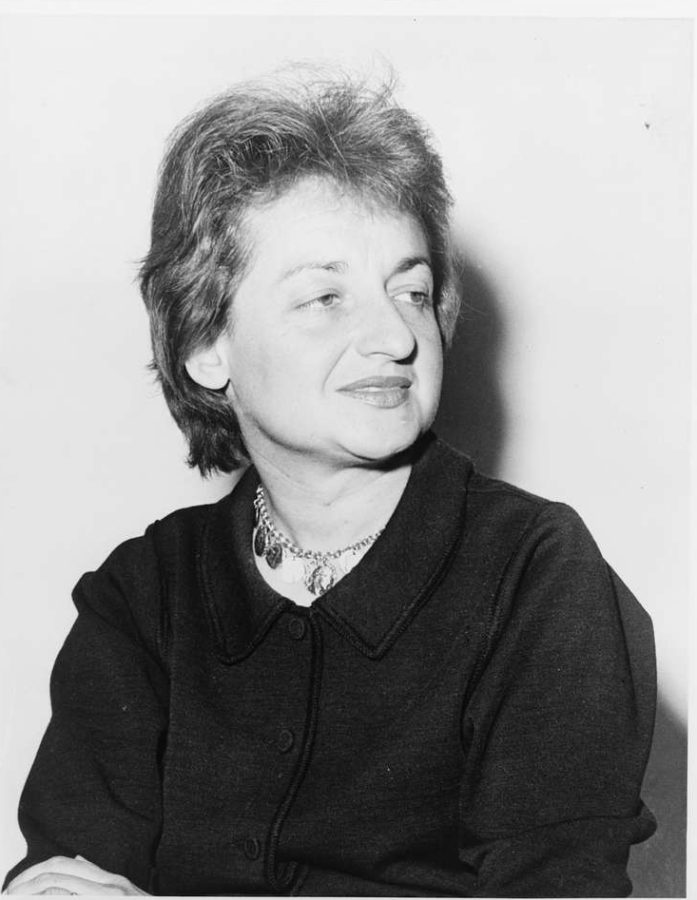Women’s History Month Spotlight: Betty Friedan
This article is the second in a five part weekly article series that will feature famous historical female figures for the month of March. This week’s feature will deal with Betty Friedan, a well known feminist writer credited with writing the famous novel “The Feminist Mystique”.
Betty Friedan was born on Feb 4, 1921 in Peoria, Illinois. Born in the 1920s, Friedan grew up during a time of social and political unrest and thus was influenced greatly by the feminist ideals of the era.
In 1942, Friedan graduated from Smith College in Massachusetts with a degree in psychology. In the 10 years following her graduation, she lived as a housewife in New York. During this time, Friedan learned the sociological and psychological behaviors of children.
Thanks to her personal experiences, as well as the psychology she learned about children, Friedan published The Feminine Mystique in 1963. The book was controversial at first due to its subject matter, which described a woman’s role on her husband. However, The Feminine Mystique quickly grew into a bestseller. The novel explained that women suffered from discrimination due to their gender, and proposed that women should care more about personal fulfillment rather than devoting their lives to their husbands and children. Through this novel, Frieden set a new standard for women, an idea that would live on even after her death.
In October of 1966, Frieden helped to found the National Organization for Women (NOW). NOW was a civil rights organization dedicated to the achievement of equal opportunities for women. Friedan worked to help push through many reforms dealing with the betterment of women. Among these reforms came legalized abortion, as well as child-care centers (daycare). She stepped down as president of NOW in 1970; however, her determination for equal rights did not stop there.
After she stepped down as president of NOW in 1970, Friedan organized the Women’s Strike for Equality on the day of the 50th anniversary of women’s suffrage. Friedan was also a main leader in advocating for the Equal Rights Amendment, which was added to the US Constitution in 1972.
Because of the work that Betty Freidan put into the fight for equal rights, all 50 US states now recognize gender equality. While there is still work to be done to achieve full gender equality, in the form of wages and political representation, the efforts of Betty Friedan will long be remembered as some of the most influential work in the fight for gender equality.

Currently a senior at the Math and Science High School at Clover Hill, Cabot is very much interested in the world of sports. He is currently in his second...








Desiree Johnson • Mar 16, 2022 at 7:17 am
This was a really interesting read! I did not know much about Friedan’s life until now.